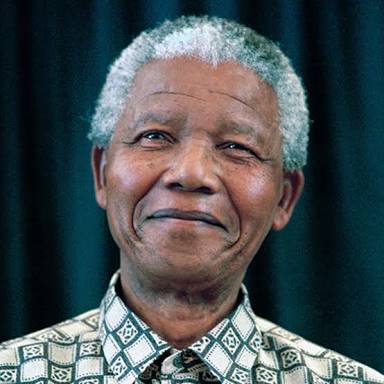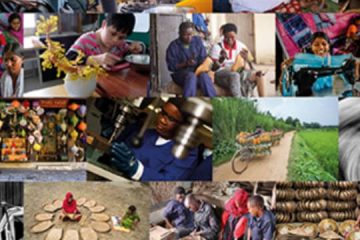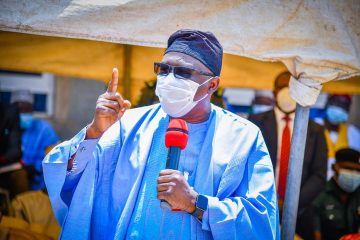NELSON MANDELA DAY 2020

The United Nations General Assembly has declared the eighteenth of July annually as Nelson Mandela International Day in recognition of late South African President’s contributions to the spirit of peace and freedom. The day is also a clarion call to action for people everywhere to take responsibility for making the world a better place, one step at a time, just as Nelson Mandela did. The day specifically is for reflection on Mandela’s philosophy of working towards peaceful conflict resolution, promotion of democracy, human rights, peace and reconciliation. The maiden celebration of the day was held on July eighteen two thousand and nine.
Mandela Day also takes the highlight campaign known as four-six-six-four, in reference to late Nelson Mandela’s prison number while he was in Robben Island Prison, South Africa. The campaign was originally launched to raise awareness on HIV and AIDS. However its scope was expanded to broader humanitarian work. The day seeks to drum up support for the various campaigns and Nelson Mandela Charity Organizations.
It has to be stressed that Nelson Mandela Day does not celebrate Nelson Mandela’s life as an individual, but is a global call to action for people to recognize their ability to have positive impact on others around them.
The day intended to inspire people to embrace the values that late Mandela exhibited. These values include democracy, freedom, quality, diversity, recognition and mutual respect.
All the same, it is worth pointing out that Nelson Mandella was born in Trnaskei, South Africa on the eighteen of July nineteen eighteen. He goes on record as one of the renowned anti-apartheid activists in South Africa.
His spearheading of the liberation movement against apartheid and his stance on the rights of people to live in freedom earned him jail term in nineteen sixty four. His release from prison after twenty seven years paved the way for peace agitation relaxing the apartheid policy and gradual transformation towards a multi-racial democracy in South Africa.
After his release, Nelson Mandela continued addressing racial issues in his country peacefully and supported reconciliation initiatives. His efforts resulted in him becoming elected as South Africa’s first post-apartheid president in nineteen ninety four. He left office in nineteen ninety eight. He won the peace prize, together with another former South African President Fredrick Willem de Klerk in nineteen ninety three.
In two thousand and seven, Nelson Mandela formed an independent group of global leaders and elders, who offer their influence and experiences to support building as well as help address major causes of human suffering and promote shared interests of humanity.
The truth is that the lifestyle of late Nelson Mandela and his struggle for peace and rule of law has become a yardstick to leaders around the world and in Africa, in particular. This is in the sense that apart from the struggle for freedom, he ensured democracy and accountability in governance.
These attributes are what are expected of leaders and other elected representatives, across the world irrespective of race, religion and country. Unfortunately the values are lacking in many leaders especially in Africa.
In fact, the style of late Nelson Mandela as recognized by United Nations General Assembly, has signified that even in Africa, good leaders can emerge. Besides, Mandela International Day offers an opportunity to celebrate a leader and good name.
It makes it clear that leaders have the opportunity to sacrifice for progress rather than being selfish and embezzling public funds as is common among those in Africa. Also it is unfortunate that leaders in Africa operate government that seeks to accommodate family and friends. There is also the tendency to force political leaders on the people instead of allowing this to be by democratic principles.
In this light as the world observes Nelson Mandela International Day, there is the need for leaders to reflect again and evolve people-oriented leadership, where leaders ensure accountability and respect the right of others.
In Nigeria, in particular it is unfortunate that over eighteen years after, democracy rule is yet to mature into free and fair elections, transparency and fair leadership at all levels of government.
Even among organizations, unions and religious organizations, there is the need for leadership to strive to be different by ensuring transparency, unselfishness and sacrifice. It has to be mentioned again that a good name is better than wealth and power. It is rather worth reflecting that many leaders in Nigeria leave office in shame just because they failed to apply honesty, fairness, reconciliation and accommodation while in office as Nelson Mandela did.
The media, civil societies and religious bodies have a moral obligation to promote virtues for good governance. Leaders who exhibit negative tendencies should be rejected and made to peacefully give way.
Nelson Mandela should be seen as a model who principled leaders should emulate and the people demand for.
***************************
AUTHOR: KISSINGER BUKAR

















